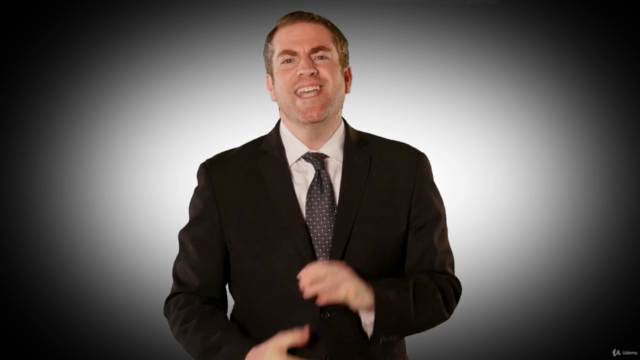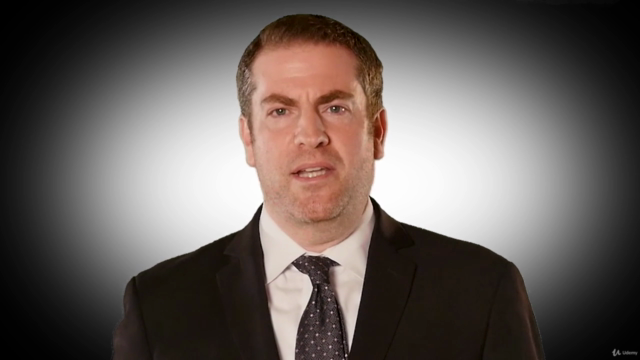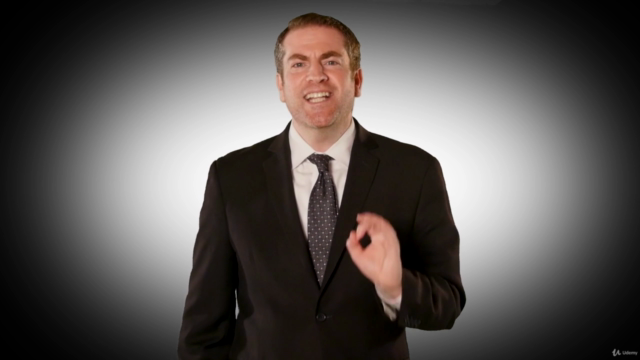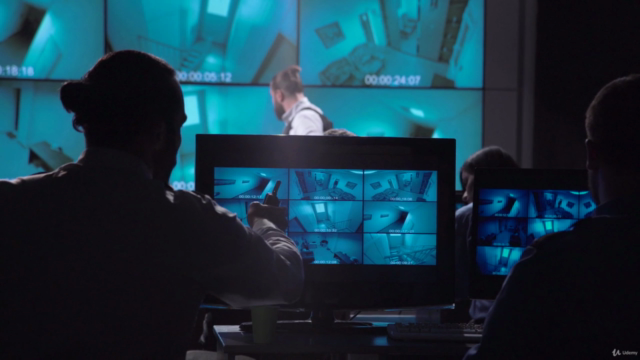Never be Lied to Again: Advanced Lie Detection Course

Why take this course?
It seems like you're looking for a compelling and informative pitch for a course on lie detection and human behavior analysis, inspired by real-life experts and endorsed by figures in media and law enforcement. The course, based on the teachings of David Lieberman, author of the bestselling books on the subject, promises to equip individuals with the skills to detect deceit and understand human behavior through a variety of techniques suitable for both professional investigators and everyday people.
Here's how you might present this course in a marketing context:
Unlock the Truth: Mastering Lie Detection Techniques with David Lieberman
Are you ready to become a human lie detector? With our comprehensive online course, you can learn the sophisticated techniques that have been honed by experts like former FBI associate director and noted author, G. Gordon Liddy, who wished he had these skills during his tenure in the FBI. Additionally, television personality Montel Williams endorsed these methods, stating they would change your life.
In this one-of-a-kind course, you'll learn to:
-
Stealth Lie Detection: Master the art of uncovering deceit without the subject realizing they are being scrutinized. These subtle techniques are perfect for everyday conversations where you suspect someone may be less than truthful, but a formal interrogation isn't appropriate.
-
Signs of Deceit: Learn to recognize the four most telling indicators that someone is not being honest with you. These signs are often overlooked but can provide clear signals when someone is lying.
-
Advanced Psychological Interviewing Techniques: Gain access to cutting-edge psychological interviewing strategies designed to elicit confessions and the truth. These methods have been used successfully by law enforcement professionals worldwide.
This course is not just for seasoned detectives or professional interrogators; it's for everyone—mothers, fathers, entrepreneurs, students, and anyone who wants to:
- Prevent being misled or taken advantage of.
- Enhance their personal relationships by spotting dishonesty or disloyalty.
- Protect their businesses from deception or fraud.
- Improve their own communication skills by recognizing when others are not telling the truth.
Based on the insights and methods developed by David Lieberman, whose work has been featured in major media outlets like The New York Times, this course is a must-take for anyone looking to improve their lie detection skills. With clear, concise, and engaging content, you'll be equipped with the knowledge to discern truth from deception in various situations.
Enroll now and take control of your interactions, ensuring that you can rely on others and make informed decisions based on authentic information. With these advanced techniques, you'll have a competitive edge in both personal and professional settings.
This pitch is designed to appeal to the broad audience who can benefit from learning lie detection techniques, emphasizing the practical applications and the authority behind the course content. It's crafted to be compelling, informative, and to encourage potential students to enroll and enhance their understanding of human behavior and deception.
Course Gallery




Loading charts...
Comidoc Review
Our Verdict
The Never be Lied to Again: Advanced Lie Detection Course offers engaging insights into advanced lie detection techniques taught by an effective and knowledgeable instructor. With its easy-to-understand approach, this course branches away from traditional body language interpretation methods toward more proactive elicitation tactics. Though students may benefit from additional real-life examples and a clearer connection between the course outline and lecture content, it still covers a wide range of situations where these strategies could be relevant. This course may not suit those hoping for a simple introduction to detecting lies; however, for those who seek advanced techniques based on behavioral elicitation, this Udemy course is worth exploring.
What We Liked
- Instructor's teaching style is clear, simple, and easy to understand, making the course approachable for anyone.
- Packed with valuable insights on lie detection techniques, including eliciting responses from potential liars to reveal truths.
- Provides unique perspectives and methods different from typical body language or micro-expression interpretation courses.
- Covers a wide range of practical scenarios in which these tactics can be applied in everyday life.
Potential Drawbacks
- Some users mentioned the need for more real-life examples to demonstrate successful applications of the methods discussed.
- A few students expressed confusion with the course structure, suggesting clearer alignment between outlines and lecture content.
- While techniques are useful, they might not be practical or ethical for daily use without risking trust in personal relationships.
- Lacks a more in-depth discussion on potential false positives due to anxiety, shyness, cultural differences, or mental health conditions.